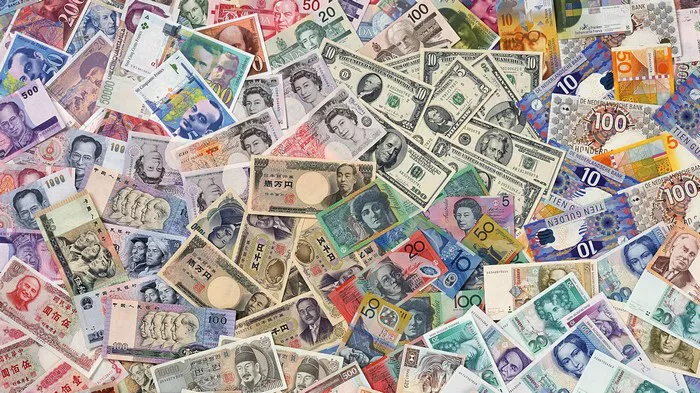The dollar remained close to a three-month high on Wednesday amid a significant week for macroeconomic data that could influence U.S. monetary policy direction.
The Australian dollar edged toward a three-month low, as persistent inflation indicated that the Reserve Bank of Australia is unlikely to cut interest rates this year.
Recent mixed U.S. economic indicators revealed a loosening job market alongside consumer confidence, providing limited clarity on the Federal Reserve’s potential easing plans. This environment allowed the dollar to drift lower alongside Treasury yields on Tuesday, following a strong auction of seven-year notes.
Economic reports have recently pointed to a resilient U.S. economy, particularly in employment, leading to a reduction in expectations regarding the pace of interest rate cuts. The ADP employment report is set to be released later today, ahead of the important monthly payrolls report on Friday.
“The U.S. dollar continues to receive strong support as market expectations for rate paths adjust,” said James Kniveton, senior corporate FX dealer at Convera. “The American economy is currently firing on all cylinders.”
In Australia, recent inflation data, particularly in the services sector, suggests that interest rate cuts are now a distant prospect. The Reserve Bank of Australia’s preferred inflation measure, the trimmed mean, slowed to 3.5% from 4.0% in the third quarter, yet service-sector inflation remained high. On a quarterly basis, this gauge increased by 0.8%, exceeding forecasts of a 0.7% rise.
As of 0101 GMT, the Australian dollar traded at $0.6562, not far from Tuesday’s low of $0.6545, the lowest level since August 8.
The U.S. dollar index, which tracks the currency against six major rivals, was steady at 104.24 after reaching a peak of 104.63 on Tuesday, the highest since July 30, before finishing the day nearly unchanged.
The 10-year Treasury yield fell to 4.2461% on Wednesday, after hitting a high of 4.3390% on Tuesday, the highest since July 5.
Additionally, rising speculation regarding a potential victory for Republican presidential candidate Donald Trump in the upcoming election on November 5 has provided further support for both the dollar and U.S. bond yields. Trump’s tariff and immigration policies are perceived as inflationary.
This environment has also contributed to a surge in Bitcoin, which neared its all-time high of $73,803.25. The cryptocurrency was trading around $72,082 after reaching a session high of $73,609.88.
Related topics:


